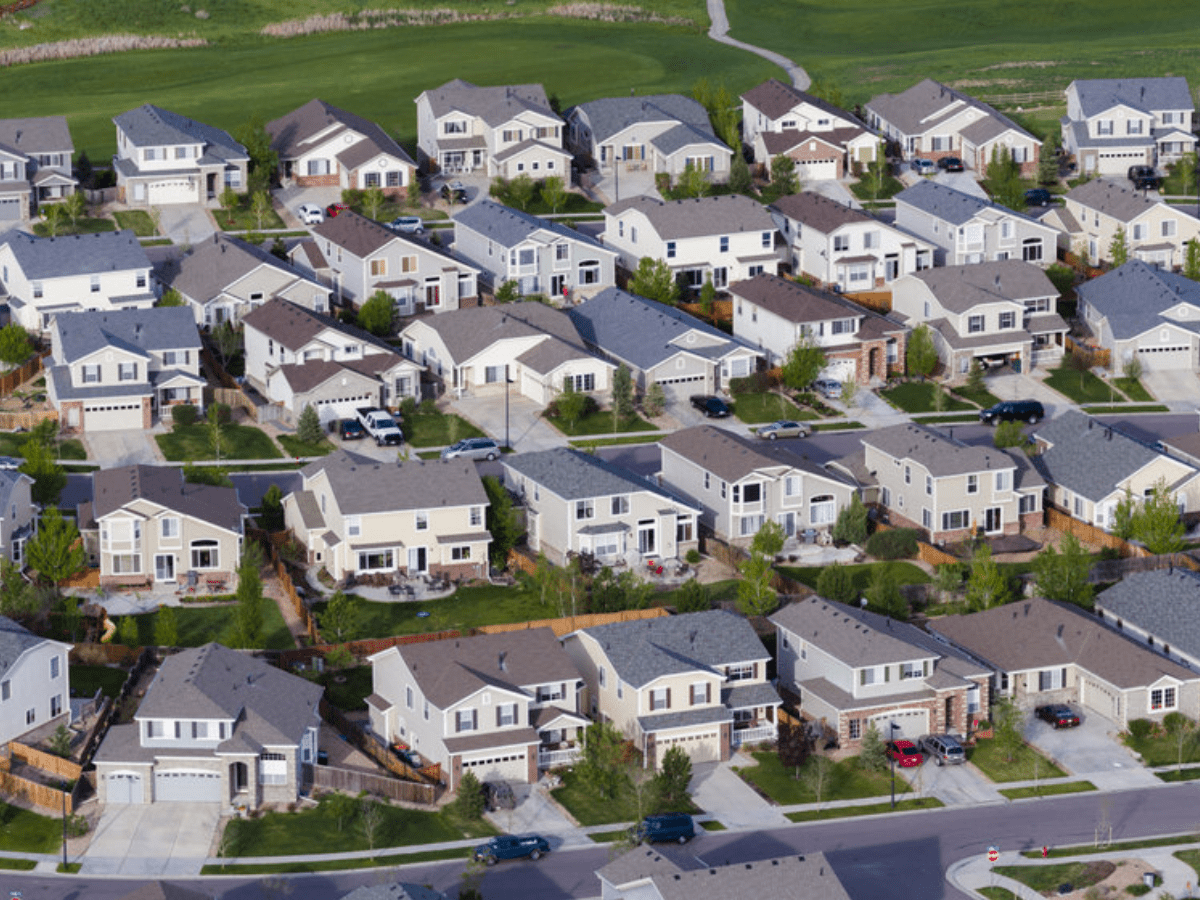
Sellers Beware: Why So Many Homes Are Going ‘Stale’—And How to Fix It
If your home has been sitting on the market for months with little interest, you’re not alone. Across the U.S., more houses are going “stale,” that is: lingering unsold for weeks or even months, leaving sellers frustrated and buyers suspicious.
Overpricing is the Deal-Killer
Notwithstanding a still-competitive market, sellers clinging to pandemic-era price expectations are learning the hard way that today’s buyers aren’t biting. In December 2024 half of all active listings had been on the market for 70 days or longer, the highest median time for December since 2019.
Even worse, nearly one in four listings had been sitting unsold for more than 180 days, the highest share since 2020. So why are so many homes getting stuck in real estate limbo? And what can sellers do about it?
The Big Mistake: Pricing Like It’s 2021
The housing market isn’t what it was two years ago. Back in 2021 and 2022, bidding wars were the norm, homes sold in days, and prices rocketed. Today with mortgage rates loitering near 7%, buyers have less purchasing power and competition has cooled.
“Overpricing is the main culprit for listings becoming stale,” says Joel Berner, senior economist at Realtor.com®. “Many sellers are looking at what their neighbors sold for during the pandemic frenzy and are reticent to list for less. But that hesitation leads to their homes sitting longer—and eventually needing price cuts to finally sell.”
The reality is, while home prices are still rising nationally, the growth is much slower. In some markets prices have flatlined or even dipped. Sellers who refuse to adjust are paying the price—literally—with their homes collecting dust.
Some markets are feeling the slowdown more than others. In December the biggest jumps in time on market were in:
- Nashville, TN (+22 days)
- Orlando, FL (+21 days)
- Rochester, NY (+21 days)
In fact, 16 major metros, including those three, now have homes sitting longer than their pre-pandemic averages. And in 12 states—including hot spots like Florida, Texas and California—homes are staying on the market longer than they did from 2017 to 2019.
The Mortgage Rate Factor
Behind the scenes, painful mortgage costs are the real villain. After dipping close to 6% last fall, rates are climbing again, making buyers hopeless.
“Higher rates have softened demand, slowing the market and leading to more stale listings,” says Berner. “Sellers will have to adjust by lowering prices.”
And that’s already happening. The median listing price in December was down 1.8% from a year earlier, settling at $402,502.
Is This the New Normal?
Before panicking, experts say this shift isn’t a crash; it’s just a return to normalcy.
“We’re getting back to a market where it takes three to five months to sell a house,” says Brian Stephens, a Florida real estate agent with eXp Realty. “You might get lucky and sell in a week or two, but realistically, it’s going to take longer.”
Nationally, homes are still selling eight days faster than the pre-pandemic December average. But after years of lightning-fast sales the adjustment is tough for some sellers to swallow.
“The sky isn’t falling,” says Berner. “We’re just moving into a more sustainable market pace.”
What to Do If Your Home Is Stale
If your listing is gathering cobwebs, price is usually the problem.
Stephens says sellers often resist slashing their asking price so he suggests other fixes first:
- Freshen up the home (new paint, better landscaping).
- Provide buyer incentives (like a flooring allowance).
- Reassess marketing (better photos, virtual tours).
But if months go by with no offers? A price cut is inevitable.
In extreme cases, Stephens even advises pulling the listing and relisting later to attract new buyers. And if a home still won’t sell after a year? Sometimes, a new agent can help—though they’ll likely say what the last one did: “You need to lower the price.”
The housing market is just correcting, not crashing. Sellers who price their homes realistically from the start will avoid the stale listing trap. Those who don’t? They’ll learn the hard way that in today’s market, wishful thinking doesn’t sell houses.



